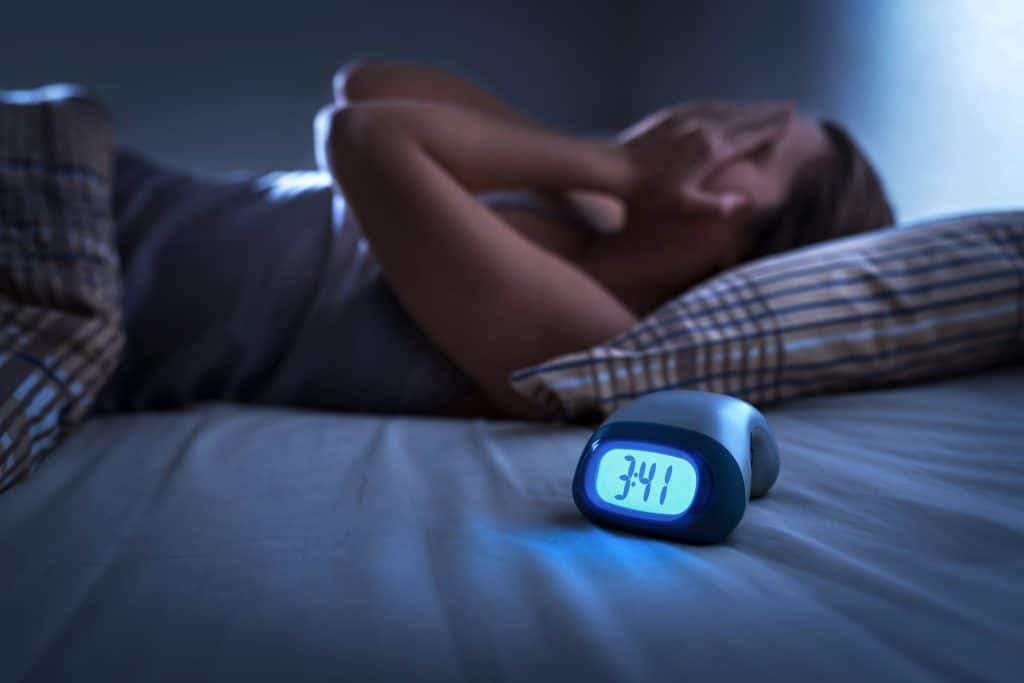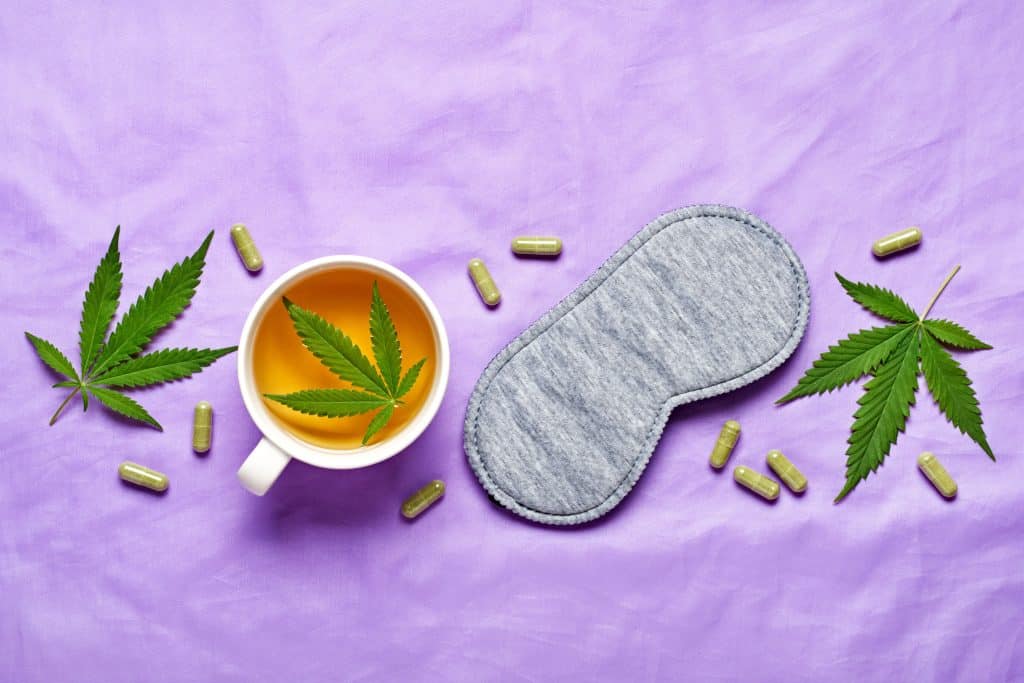When looking at the population at large, certain specific issues shine through as growing problems that affect a large percentage of people. Like stress, diabetes, and insomnia. A new study now adds to the growing body of information on sleep disorders, and indicates that cannabis improves insomnia in a large number of sufferers.
Thanks for making it over. Check out the Cannadelics Weekly Newsletter for email updates, and for tons of promotions on cannabis flowers, vapes, edibles, smoking devices, cannabinoid compounds (like delta-8), and a host more. You’ve got plenty of choices; pick your favorite products.
The insomnia problem
We’ve all got our issue in life, some of us more than one. For some its an inability to keep off that belly fat, for others it might be that bad back that never seems to get better. And still others aren’t capable of having just one drink without becoming the ultimate party animal every time. There are plenty of problems to have in life, and for some of us, it’s not a during-the-day issue, but a through-the-night issue.
According to the Sleep Doctor, approximately 70 million people have some sort of sleep disorder. Insomnia is just one of these issues, but the main one, with 30% of adults experiencing this problem at any given time. About 2/3 of the population total have the issue in their lives. It’s one of the most common medical issues that drives people to seek medical help.
What exactly does ‘sleep disorder’ indicate? “Sleep disorders are conditions that disrupt healthy sleep and also cause daytime symptoms. Sleep disorders can affect when you are able to fall asleep, how much sleep you get, and the quality of your sleep.”

In terms of how these disorders are classified, “The most widely used system for classifying sleep disorders is produced by the American Academy for Sleep Medicine (AASM). The third edition of the International Classification of Sleep Disorders (ICSD-3) describes 60 sleep disorders, divided into seven categories. These main categories include:
- Insomnia
- Sleep-related breathing disorders
- Circadian rhythm sleep-wake disorders
- Central disorders of hypersomnolence
- Parasomnias
- Sleep-related movement disorders
- Other sleep disorders”
So, this insomnia, what does it mean? “Insomnia occurs when people who have plenty of opportunities for rest find themselves unable to fall asleep, waking during the night, or waking up earlier than they’d like. Insomnia may be diagnosed as short-term or chronic.”
And how are those two differentiated? Short term indicates “fleeting symptoms of sleeplessness that last for less than three months. Often related to stress, short-term insomnia can sometimes develop into a chronic condition”. While chronic indicates “When the symptoms of insomnia are more persistent — happening at least three days a week for three months or more — a doctor may diagnose chronic insomnia.”
If you’re wondering what other sleep disorders exist, the list includes breathing issues, like sleep apnea; circadian rhythm sleep-wake disorders, like irregular sleep-wake rhythm disorder; central disorders of hypersomnolence, like narcolepsy; parasomnias, like sleep terrors; and sleep-related movement disorders, like restless legs syndrome. All other issues fit under ‘other sleep disorders’.
Recent study shows cannabis improves insomnia
Cannabis is under investigation for tons of things at this point, and sleep disorders are just one subject of interest. By now, there is already plenty of evidence of cannabis as a tool to aid in healthier sleep. But it always is good to have more reports confirming something, than less. So a recent study which shows that cannabis improves insomnia symptoms in a large percentage of participants, is just more ammunition in the fight for legalization.

The study, entitled Medicinal cannabis improves sleep in adults with insomnia: a randomised double-blind placebo-controlled crossover study, “aimed to assess the tolerability and effectiveness of the Entoura-10:15 medicinal cannabis oil on sleep in adults with insomnia.” The study was a six week trial, which was a randomised, crossover, double-blind, placebo-controlled investigation, with a total of 29 participants. This is a generally small number.
Participants received either a placebo or cannabis oil called Entoura-10:15, which is comprised of 10 mg/ml delta-9 THC and 15 mg/ml CBD. The amount was titrated over a two-week period from 0.2–1.5 ml/day. After that came a washout week, and then crossover (a term that indicates everyone is in an experimental group at some point). Participants kept daily diaries to keep track of tolerability. Investigators measured effectiveness in three ways: 1) Measuring saliva midnight melatonin levels; 2) Validated questionnaires, like the Insomnia Severity Index; and 3) Fitbit activity tracker on the wrist.
Results indicated that Entoura-10:15 was well tolerated overall. In terms of how effective, 60% of the study participants didn’t qualify any longer as insomniacs after a two-week period. This was seen through improvement in nighttime melatonin levels by 30% (the placebo group experienced a 20% decline).
Results also showed improvement in time asleep and quality of sleep. In the experimental group, light sleep went up by 21 minutes per night in comparison to the placebo group. And the quality of sleep in the experimental group improved by 80%, which led to higher levels of daily functionality. Overall, study investigators concluded that “Our trial suggests Entoura 10:15 medicinal cannabis oil to be effective in improving sleep in adults with insomnia within a 2-week intervention period.”
The role of CBN
The cannabis oil used in the previous study was formulated of THC and CBD. So, all effects are related to these compounds specifically. However, there are other aspects of the cannabis plant that are looked into for their sleep-improving benefits. One such compound of interest is the cannabinoid CBN. This cannabinoid actually has the designation of being the first cannabinoid isolated from the cannabis plant, and it was thought for quite some time, that it was the psychoactive constituent.
CBN (cannabinol) is not a delta THC, as in, it doesn’t share the same chemical formula as delta-9, delta-8, or delta-10. Instead, its chemical formula is C21H26O2, and it doesn’t share this formula with any other compounds. However, much like the THCs, CBN does activate CB receptors in the brain. CBN comes with the positive of not being mentioned in the Single Convention on Narcotic Drugs or the Convention on Psychotropic Substances, which means there is no global mandate to regulate the compound.

This doesn’t make it legal necessarily in any given location, either. For example, in the US, as an analogue of THC, CBN activities can be prosecuted under the Federal Analogue Act. Like the rest of the cannabis plant, years of prohibition slowed study on this compound, and even what I’m mentioning next, still lacks the kind of repeated testing that can really draw effective conclusions. Some studies that show positive benefits, do so in conjunction with THC use, making it hard to know which compound is exerting the beneficial effect, or if the combination is required.
Back in 1975 (yup, that long ago), these two studies were done: Effects of delta9-tetrahydrocannabinol and cannabinol in man, and Pharmacologic interaction between cannabinol and delta9-tetrahydrocannabinol. Both studies turned up the possible results that CBN acts a bit like delta-9, and that in conjunction, it might cause more extreme effects. They were not concerned specifically with sleep though, or done on CBN alone.
More research is now trickling in. Like this study, Use of a water-soluble form of cannabinol for the treatment of sleeplessness, led by Dr. Robert Kaufmann who is the Director of Research for Shaman Botanicals, LLC. The study allowed participants to access the product on their own, and choose their own dosage.
The study “surveyed individuals with sleeplessness who were taking a water-soluble product of cannabinol (CBN) treated using nano technology, which has recently become available.” It came to the conclusion that “This nano treated CBN product rapidly induced sleep initially and after awakening, increasing the time and quality of sleep in most individuals suffering from sleeplessness.” This was based on the results of 60 respondents who completed surveys.
Another study by the company Zelira Therapeutics used the drug ZTL-101, which is a combination of THC, CBN, and CBD in the ratio of 20:2:1. There were 23 participants, and researchers determined that “Two weeks of nightly sublingual administration of a cannabinoid extract (ZTL-101) is well tolerated and improves insomnia symptoms and sleep quality in individuals with chronic insomnia symptoms.” This is a study by a company into their own product, however, and should be taken with a grain of salt. This second one also uses a combination only, and does not speak to the individual benefits of CBN.
Conclusion
Whether looking at it from the perspective of THC and CBD, or other cannabinoids like CBN, recent research has done much to elucidate how cannabis improves insomnia in many people. Does this mean everyone will benefit? No, of course not. And it doesn’t mean that smoking the plant has the same benefits as specialized medications either. But what this research shows, is that cannabis can serve many purposes, and helping people count sheep, seems to be one.
Welcome to the site! We appreciate you hanging out with us at Cannadelics.com; where we work daily to bring you the utmost in cannabis and psychedelics reporting. Head our way whenever possible to stay up-to-date on all happenings, and sign up for the Cannadelics Weekly Newsletter, so you’re always on top of what’s going on.
The post <strong>Counting Sheep: Cannabis Improves Insomnia in Recent Study</strong> appeared first on Cannadelics.
Via https://cannadelics.com/2023/01/05/counting-sheep-cannabis-improves-insomnia-in-recent-study/
source https://rosalinaklerkx.weebly.com/blog/counting-sheep-cannabis-improves-insomnia-in-recent-study
No comments:
Post a Comment